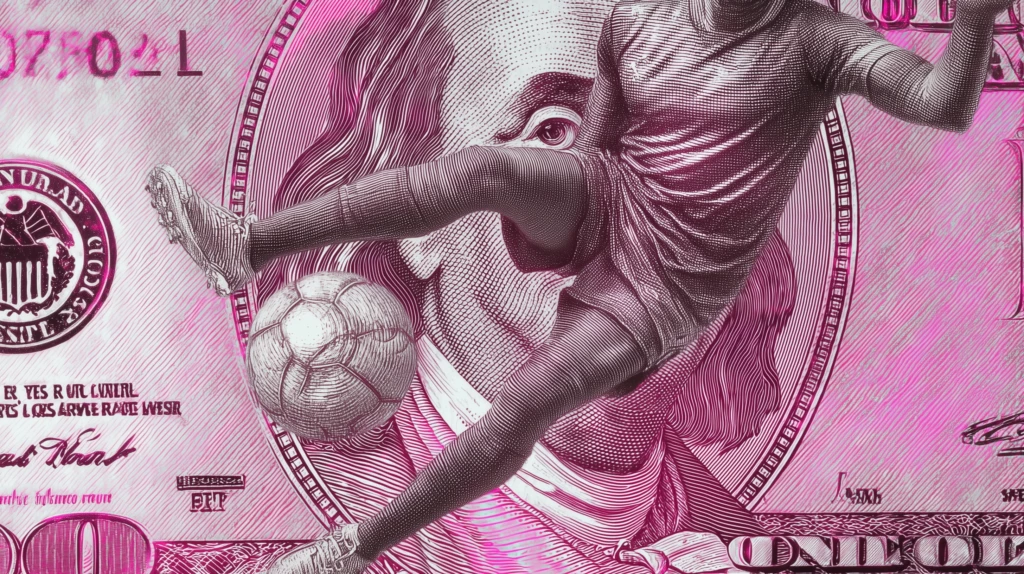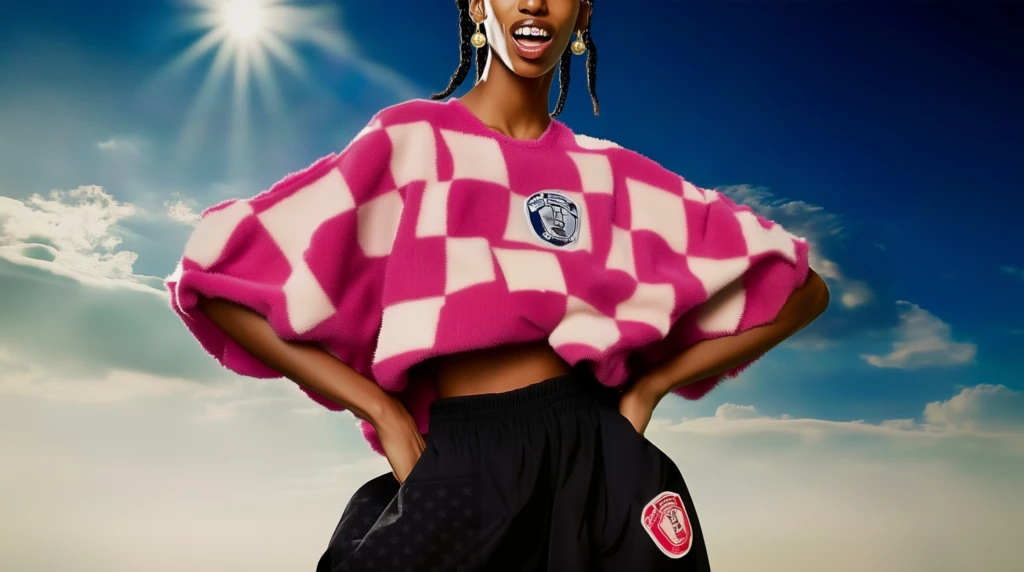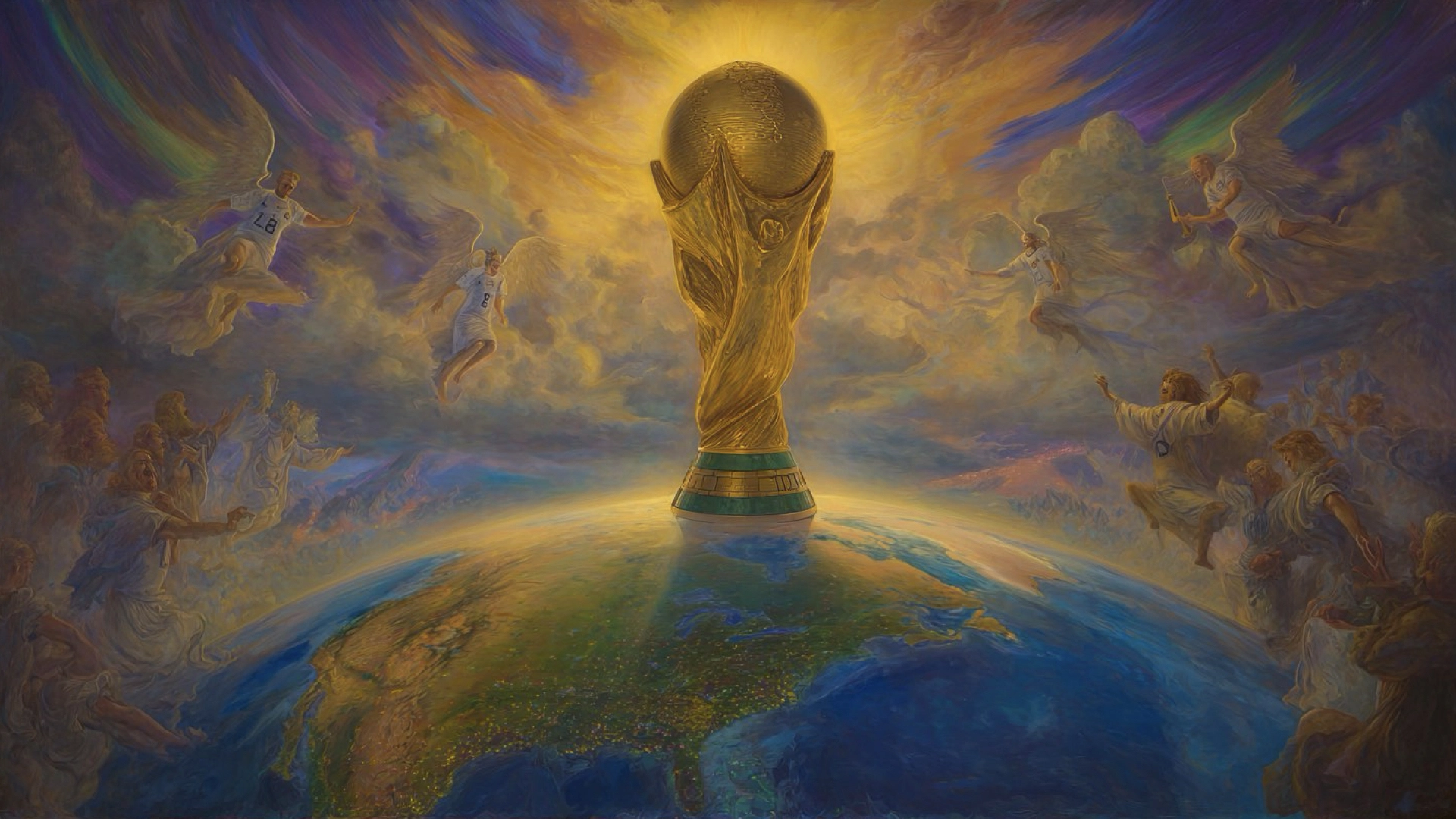
A historic opportunity to reinvent soccer
The 2026 World Cup, jointly organised by the United States, Canada and Mexico, marks a strategic turning point in the globalisation of football - or 'soccer' as it is known on the other side of the Atlantic. For the first time, the sport is finding a deep cultural resonance in North America, no longer as a simple sporting discipline, but as a vehicle for business, lifestyle and pop influence.
While the United States will host the majority of the matches, a whole creative and entrepreneurial ecosystem is already working behind the scenes: luxury brands, hip-hop artists, investment funds, private clubs and production companies are preparing one of the biggest cultural transfers in modern sport. Soccer is becoming a statementa bridge between street culture, haute couture and the passion economy.

Soccer as a cross-media storytelling platform
In 2026, soccer won't just be a 90-minute game: it will be a narrative universe. Netflix documentaries on clubs, HBO series on players' careers, interactive capsules on TikTok, AR/VR experiences in stadiums... everything is converging towards an immersive and creative experience.
Artists and designers like you, who handle AI, fashion, film and music, will have a major card to play. It's no longer just a question of follow a match, but to make part of a world that we co-create with brands, artists and fans. In this sense, the 2026 World Cup will be an accelerator for collaborations between DAs, creative studios, fashion brands, record companies and tech platforms.
A business platform for entrepreneurs and investors
Sport has become a culture economy. With entry tickets more affordable than in the NBA or NFL, North American soccer clubs are attracting investors from the music and cultural scenes.
Names like LeBron James (Liverpool shareholder), Jay-Zor Rick Ross are already positioning themselves in football as asset strategic. In New York, Miami, Los Angeles and Austin, new clubs are springing up, often linked to lifestyle projects, with lounges, hotels, immersive experiences and even artistic residencies.
For an AD, designer or storyteller, this opens up a whole new world of possibilities, from club branding to haute couture jerseys, sneaker collabs and short documentaries.
Conclusion: a cut to change codes
The 2026 World Cup will be more than just a sporting event. It will be a trend laboratory, a mirror of global culture, a playground for visual and creative innovators. The convergence of soccer, hip-hop and luxury is not a passing fad: it's a structural redefinition of the way we consume, create and experience sport.
And in this new era, the artists who can tell powerful stories, imagine hybrid universes and embody a visionary aesthetic will be the big winners.
Hip-Hop & Soccer: the new power couple
We're witnessing a new form of cultural appropriation, where hip-hop figures are no longer content to be VIP spectators at the edge of the pitch, but become stakeholders in its own right.
Drake already co-owns Canadian MLS club Toronto FC through its indirect involvement with OVO and its links with Maple Leaf Sports. Travis ScottAfter Nike and the world of basketball, he is now taking a close interest in the world of football, with capsules inspired by soccer, Texan storytelling and FIFA imagery. These artists don't stop at music, they go beyond it. designent the future of sport as an extension of their identity.
This paradigm shift is both cultural and commercial. It is based on a simple observation: soccer, the world's most popular sport, remains largely under-exploited on the American market. And who better than hip-hop culture - now mainstream and global - to make it desirable to new generations?
Thomas Delamare
Creative Director / Trendforcast sportwear expert / Ex Puma Soccer designer.
https://www.linkedin.com/in/thomas-delamare-41a5268a/

